Dhaka, Sep 02 (V7N) – As Bangladesh prepares for national elections scheduled before Ramadan next February, analysts are warning of increasing political uncertainty amid clashes between parties, violence in educational institutions, and rising incidents of mob unrest.
The interim government has already announced a roadmap through the Election Commission (EC). Chief Advisor Dr. Muhammad Yunus recently met with BNP, Jamaat-e-Islami, and the National Citizens Party (NCP) to reaffirm the commitment to hold elections in February. However, disagreements between parties over reforms and election processes have raised concerns about stability.
Researcher Altaf Parvez said, “If Bangladesh cannot hold elections quickly and the roadmap is disrupted, the country could face serious risks, including the fear of becoming a failed state. The government currently has limited control over society and the administration, and violence often escalates during elections.”
Political analyst Professor Asif Shahan noted, “The government repeatedly emphasizes elections in February. But if internal factionalism persists, those who resist may be weakened or removed. While there is seriousness about the vote, we have yet to see impactful decisions.”
Analysts stressed the importance of a minimum consensus on contentious issues such as the implementation of the July Charter and the proportional representation (PR) system. “Without consensus, questions about the acceptability of the elections and the legitimacy of the next government may arise,” said Professor Shahan.
“Political parties need to assess which actions are causing the most damage to national stability,” he added. Altaf Parvez also suggested that the government should strengthen support for the EC and improve law and order management, potentially by including new, stronger law enforcement experts in the interim administration.
Analysts caution that in the absence of political unity, a third political force may emerge, further complicating the electoral landscape.
END/SMA/AJ



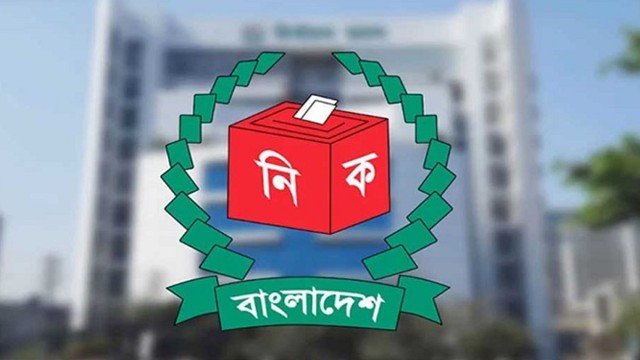
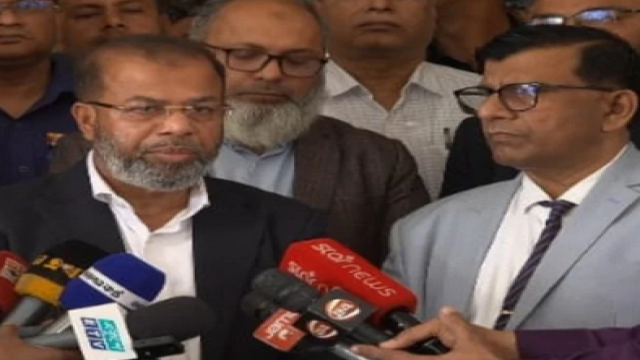

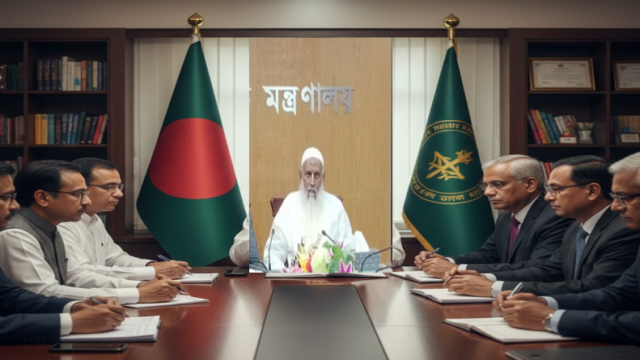
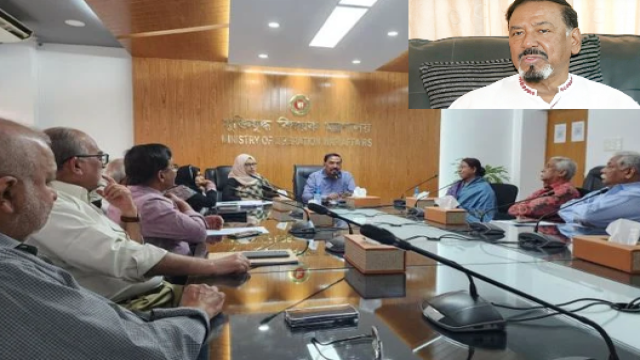
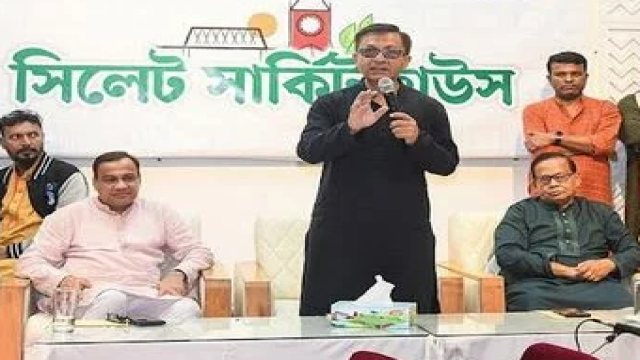
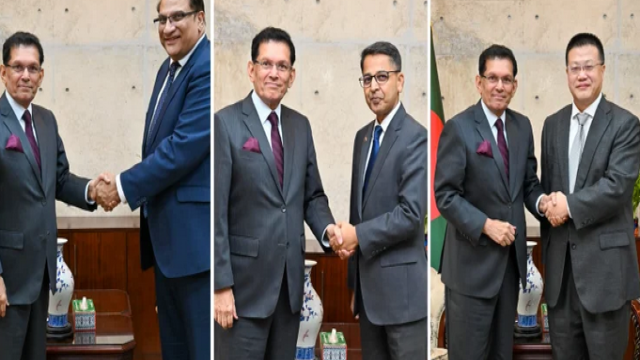
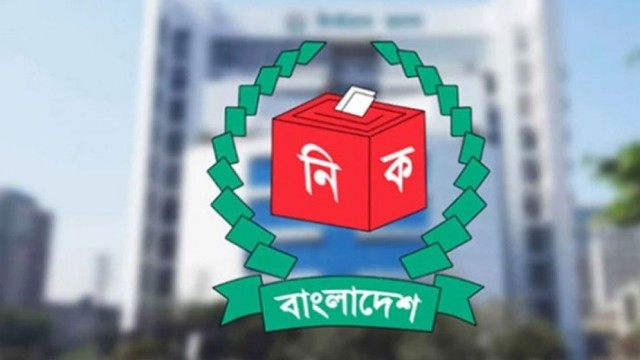
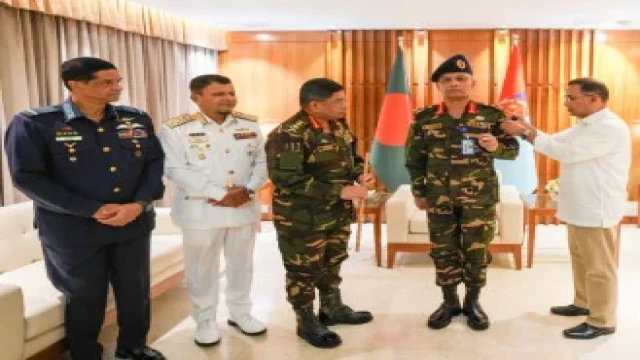

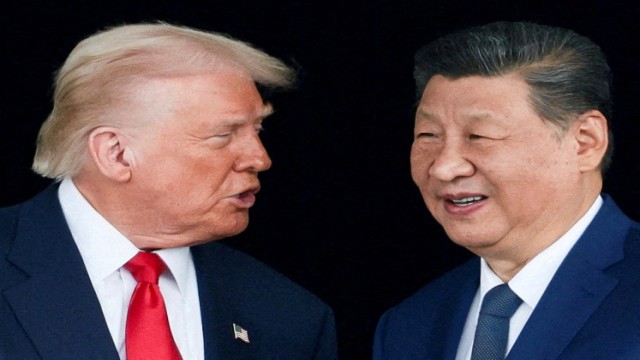
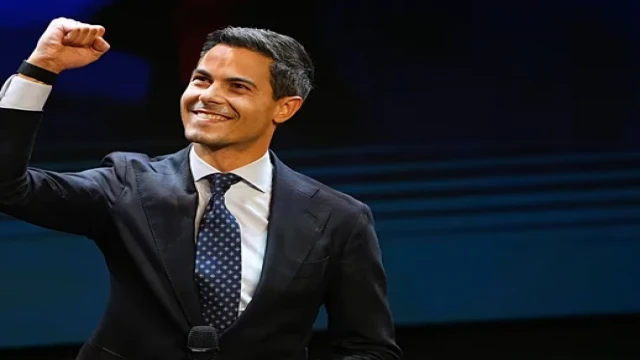
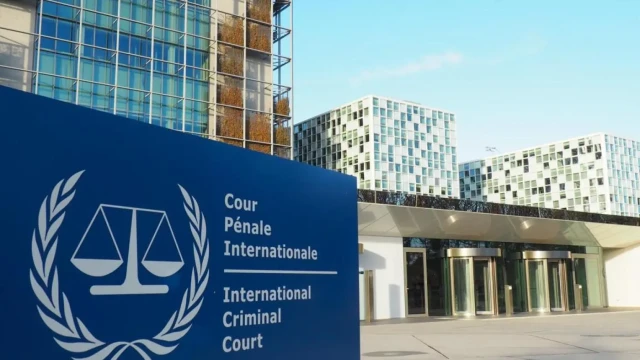
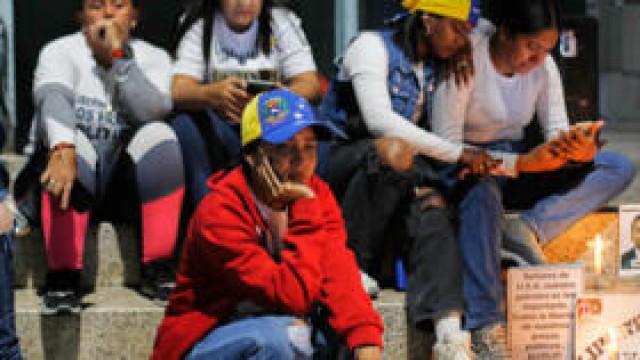
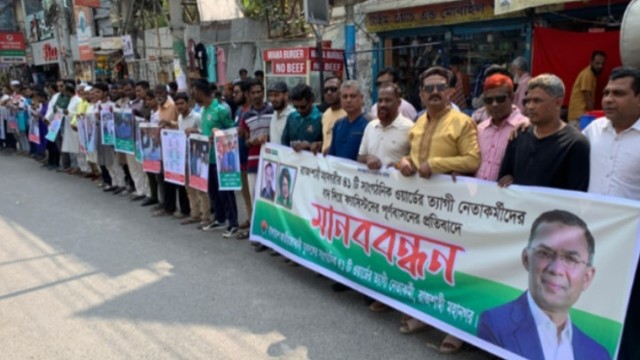
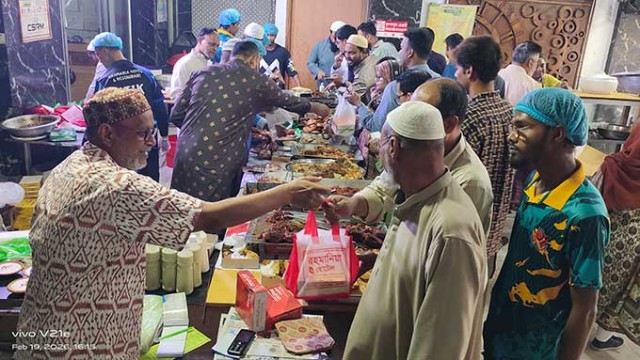











Comment: